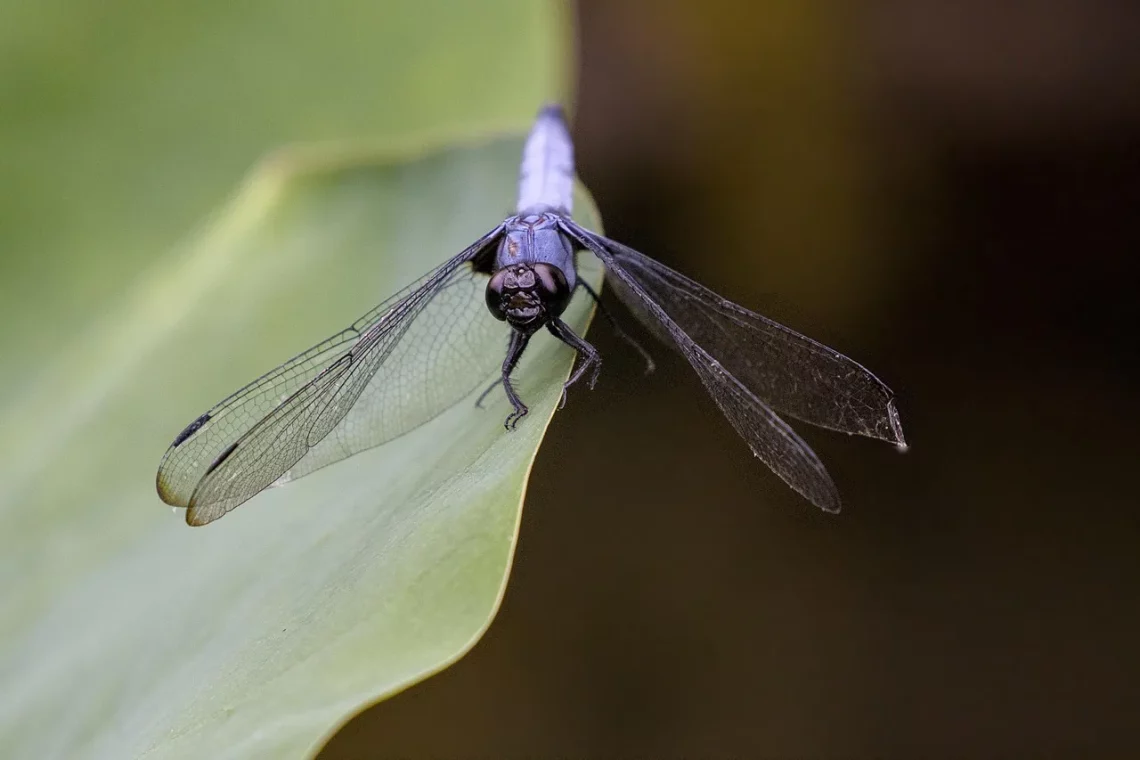
Can Bearded Dragons Safely Eat Oranges in Their Diet?
Bearded dragons are fascinating reptiles known for their unique personalities and vibrant appearance. As they have become increasingly popular as pets, understanding their dietary needs is essential for their health and well-being. A balanced diet for a bearded dragon includes a variety of foods, such as insects, leafy greens, and vegetables. However, many pet owners often wonder about the inclusion of fruits in their diet. Fruits can offer essential vitamins and minerals, but they also come with a set of considerations regarding safety and health.
Among the various fruits, oranges are particularly intriguing due to their high vitamin C content and juicy texture. Yet, the question remains: can bearded dragons safely eat oranges? This inquiry opens the door to a broader discussion about the dietary preferences of these reptiles, as well as their nutritional requirements. While some fruits can be beneficial, others may pose risks due to their sugar content or acidity. Understanding how to introduce fruits like oranges into a bearded dragon’s diet requires careful consideration of their natural habitat and nutritional needs.
As we delve deeper into this topic, it’s crucial to evaluate the potential benefits and drawbacks of incorporating oranges into their meals. By doing so, we can ensure that our bearded friends lead healthy and happy lives, thriving in their environments while enjoying a varied diet that meets their specific requirements.
Nutritional Benefits of Oranges for Bearded Dragons
Oranges are well-known for their rich vitamin C content, which plays a crucial role in various biological functions. For bearded dragons, vitamin C can support their immune system, aiding in the prevention of illnesses. Additionally, this vitamin helps in the absorption of iron, making it beneficial for maintaining healthy blood levels.
In addition to vitamin C, oranges contain other essential nutrients such as fiber, folate, and potassium. Fiber is vital for digestive health, ensuring that food passes more easily through the digestive tract. A diet rich in fiber can help prevent constipation, a common issue in bearded dragons. Folate is important for cell division and the production of DNA, which is essential for growth and development.
However, while oranges do offer some nutritional benefits, it’s important to recognize that they should only be given as an occasional treat rather than a staple in a bearded dragon’s diet. The high sugar content in oranges can lead to obesity and other health issues if consumed in excess. Moderation is key when introducing any fruit into a reptile’s diet.
Moreover, the acidity of oranges can be a concern. While bearded dragons can tolerate some acidic foods, excessive consumption may lead to digestive upset. If you decide to offer oranges to your bearded dragon, it’s advisable to do so in small, controlled quantities and to monitor their reaction closely. Observing how they respond can help you determine whether this fruit can be a safe addition to their diet or if it should be avoided altogether.
How to Safely Introduce Oranges into a Bearded Dragon’s Diet
Introducing any new food item to your bearded dragon requires a gradual approach. When it comes to oranges, start by offering a small piece, about the size of a dime. Make sure to remove any seeds and peel the orange to reduce the risk of choking and to eliminate any potential pesticides on the skin.
It’s best to offer oranges as part of a varied diet. Mixing small pieces of orange with their usual greens or as part of a fruit medley can make the introduction smoother. This method not only helps your bearded dragon adapt to the new taste but also ensures they receive a balanced intake of nutrients.
Observing your bearded dragon’s behavior after introducing oranges is essential. Look for any signs of digestive distress, such as unusual lethargy, diarrhea, or refusal to eat their regular diet. If any of these symptoms occur, it may indicate that oranges are not suitable for your pet. In such cases, it’s wise to consult a veterinarian familiar with reptile care.
Regular dietary changes can sometimes lead to confusion and stress for reptiles. Therefore, ensure that any new addition, including oranges, is introduced during a time when your bearded dragon is calm and comfortable. Consistency in their diet can help in maintaining their overall health and well-being.
Additionally, it’s important to remember that the nutritional needs of bearded dragons can vary based on their age, size, and overall health. Young bearded dragons require a different diet than adults, focusing more on protein-rich foods. Therefore, always consider your pet’s specific requirements when thinking about adding new items to their diet.
Alternatives to Oranges for Bearded Dragons
While oranges can be a fun and nutritious treat for bearded dragons, there are numerous other fruits and vegetables that can be safely included in their diet. Some excellent alternatives include blueberries, strawberries, and melons, which provide various vitamins and minerals without the high acidity and sugar content of oranges.
Blueberries, for instance, are packed with antioxidants and can be safely offered in small quantities. Strawberries are another favorite among many reptiles and provide vitamin C without the risk of excessive acidity. They can be offered whole or chopped into smaller pieces for easier consumption.
Melons, such as cantaloupe and honeydew, are hydrating fruits that bearded dragons often enjoy. They are lower in sugar than oranges and provide a refreshing option, especially in warmer weather. Just like with oranges, it’s essential to offer these fruits in moderation to maintain a balanced diet.
In addition to fruits, leafy greens like collard greens, dandelion greens, and mustard greens should form the foundation of a bearded dragon’s diet. These greens provide essential nutrients and should make up the bulk of their daily food intake. Vegetables like bell peppers, squash, and carrots can also be included to ensure a variety of textures and tastes.
Ultimately, variety is crucial in ensuring that your bearded dragon receives all the necessary nutrients for its health. By including a range of fruits and vegetables, you can help prevent dietary deficiencies and keep your pet happy.
Conclusion: Making Informed Dietary Choices for Bearded Dragons
In conclusion, while bearded dragons can occasionally enjoy oranges, it is essential to approach this fruit with caution and moderation. The nutritional benefits of oranges, including vitamin C and fiber, can be advantageous when offered as a rare treat. However, their high sugar and acid content necessitate careful consideration before making them a regular part of your bearded dragon’s diet.
Always remember that the health and well-being of your pet rely on a balanced diet rich in variety. Observing your bearded dragon’s reactions to new foods and consulting with a veterinarian can provide guidance tailored to your pet’s specific needs.
Ultimately, bearded dragons thrive on a diverse diet that mirrors their natural eating habits. By making informed dietary choices and understanding the implications of each food, you can contribute to a long, healthy life for your beloved reptile companion.
**Disclaimer:** This article is for informational purposes only and does not constitute medical advice. For health-related issues with your bearded dragon, it is always best to consult with a veterinarian.




